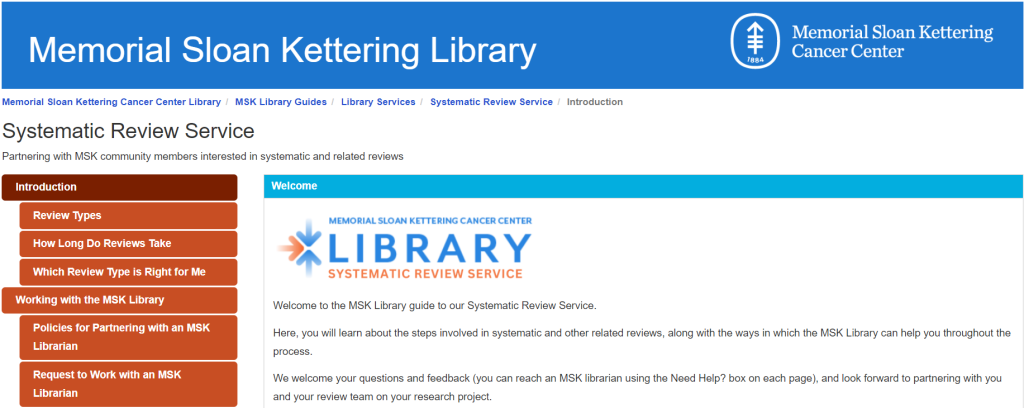It is not at all surprising in this era of “fake” everything, that there would suddenly be a business need for “fake paper” detection tools. Along with “plagiarism detection” and “image duplication or image manipulation detection”, another potential risk to the integrity of the scientific record that many publishers are now proactively on the lookout for during the manuscript submission process is “papermill detection”.
According to this COPE blog post on “Potential paper mills“:
“This term describes the process by which manufactured manuscripts are submitted to a journal for a fee on behalf of researchers with the purpose of providing an easy publication for them, or to offer authorship for sale. The concerns with these submissions include faked or manipulated data/images, the use of stock images, substantial authorship changes, and plagiarism, which is not detected because it comes from a translated version of another article.”
Publishers are already starting to incorporate these tools into their workflows. For example, a year ago, in April 2023, the STM Scientific Integrity hub (that provides tools/services for publishers in a cloud-based environment) launched their papermill detection tool as a:
“stand-alone application that allows publishers to automatically screen uploaded papers against key indicators that suggest that the manuscript has or may have originated from a paper mill”.
This year, in March 2024, Wiley announced that its journals will soon be piloting an “AI-powered Papermill Detection Service” integrated in their manuscript submission system.
Tools like “Papermill Alarm” have been reported on in the literature as far back as 2022:
Else H. ‘Papermill alarm’ software flags potentially fake papers. Nature. 2022 Sep 23. doi: 10.1038/d41586-022-02997-x. Epub ahead of print. PMID: 36151206. https://www.nature.com/articles/d41586-022-02997-x
Although this type of detection is not something that individual authors would need to use pre-emptively, other tools – like iThenticate, a plagiarism detection tool – are now being subscribed to and made available to all potential authors in the MSK community via the MSK Library.
Questions? Be sure to Ask Us at the MSK Library!
 The MSK Library Reference Team has launched a new guide to our
The MSK Library Reference Team has launched a new guide to our  The
The